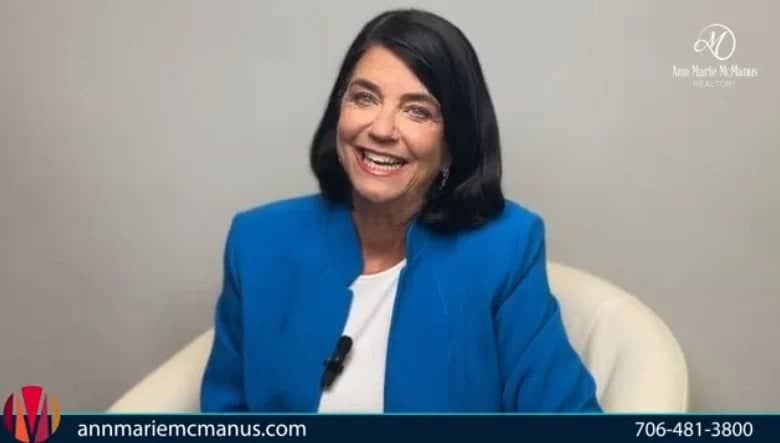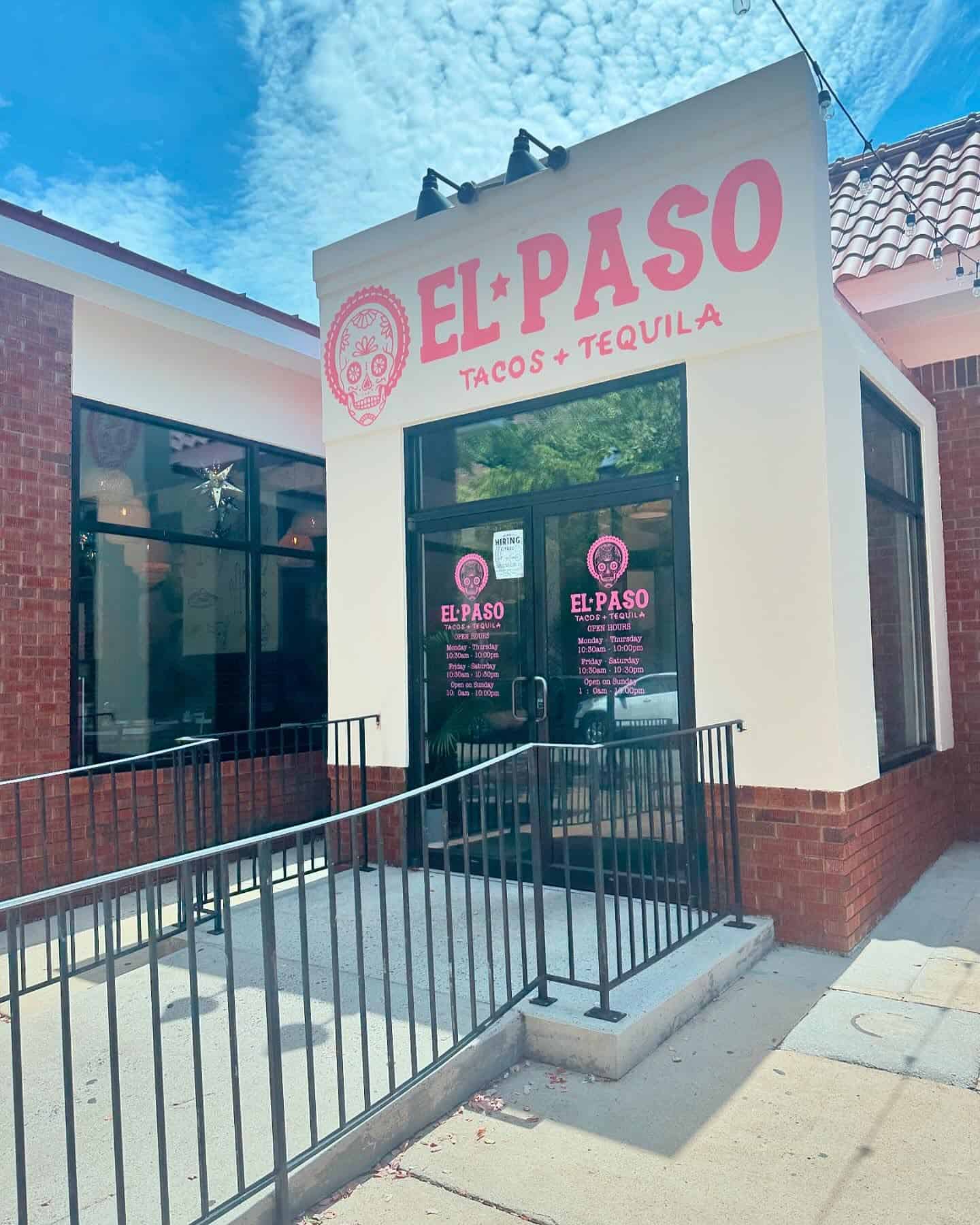The movie biopic has become something of a dreaded, exhausted genre; often an exploitative, surface-level travesty of a familiar personality played with predictable beats and cosmetic transformation of a leading actor hungry for an Oscar nomination (remember Mr. Cooper’s Leonard Bernstein?). Most of these films either try to capture an entire life in two hours, or laser-focus on one specific, usually climactic, period of a subject’s life with little to offer in terms of context.
With the new film Wildcat, one may fear that legendary Georgia-born writer, Flannery O’Connor would receive the same treatment. Thanks to director Ethan Hawke’s passion and concept, that preconception couldn’t be further from the truth.
What choices did the filmmakers make to set the Flannery O’Connor story apart from other biographical dramas? Pump more Flannery O’Connor into it.

The story of the movie centers on the latter half of O’Connor’s short life; definitive moments are presented in a non-linear format and woven together with dramatizations of her short stories. At the period in which the movie begins, O’Connor is 24 years old and beginning work on her novel Wise Blood before a begrudging return to her mother’s home in Milledgeville, Georgia after falling ill. A visit from the family doctor determines that she is suffering from Lupus, the same disease that claimed her father when she was young. The ever-anguishing writer then must face her fate, living out the remainder of her days in the very place and surrounded by the very attitudes from which she once tried to escape.
The film utilizes some of O’Connor’s most definitive pieces of literature to illustrate the themes prevalent both in her work and life, particularly race relations, men and women, and religion. Just some of her short stories realized in Wildcat include “Good Country People,” “Revelation,” and “The Life You Save May Be Your Own.”
Her Roman Catholic upbringing was one that fueled the existential dread that most of her characters faced. Nearly as sizeable was the role that her critical and daffy mother, Regina, played in shaping her vision of the world in the Deep South and personifying her idea of the typical White Southern Woman. Regina is played exquisitely by Laura Linney, and where she influenced O’Connor’s characters, Linney embodies them in the film.

Characters play characters.
By exhuming both sets of spirits, from page and history, the movie provides not only a crash course in O’Connor’s writing for the uninitiated, but itself becomes something of a Southern Gothic piece: haunting, piercing, and poignant. To be clear, her characters themselves don’t speak directly to O’Connor in some sort of theatric display of delusion, rather the short stories are incorporated into the script to contextualize how central her writing was to her being and her story; how her life influenced her fiction and vice versa.
Fictional characters are portrayed by a company that includes Cooper Hoffman (son of Philip Seymour) and Steve Zahn. As for “real life” characters, Liam Neeson has a brief role as a priest who consoles and provides spiritual advisory for O’Connor as she grapples with accepting her fate. Philip Ettinger plays the disheveled but spirited Cal Lowell, her love interest who gradually fades into a memory of her days living outside of Georgia before the sickness.
The strongest element in the movie is Maya Hawke’s portrayal of Flannery O’Connor, and it is one that is truly immersive. Hawke balances anxiety and a sense of determination that makes the character visceral. Both Hawkes clearly seem to have a profound empathy and respect for the late writer and her work, and that respect is best exhibited by creating a world where reality and fiction are complimentary, and the burden of living (and dying) are both met head on and characterized in living prose. To see the film is an experience that is captivating, head-scratching, and enlightening.
Wildcat is an untraditionally structured story of a woman who sought to be free from traditional structure, therein it honors one of the great writers of the American South in an equally worldly-conscious and complex manner.
Wildcat was recently screened in Savannah, Georgia, and while no dates nor cities are yet set, Deadline Hollywood reports that it will soon have a wide release.

Dylan James graduated from the Savannah College of Art & Design with a BFA in Dramatic Writing. He has studied both the ‘show’ and ‘business’ aspects of show business since childhood, and writes through sociological analysis, seeking relevance in the art and commerce for the moment.










